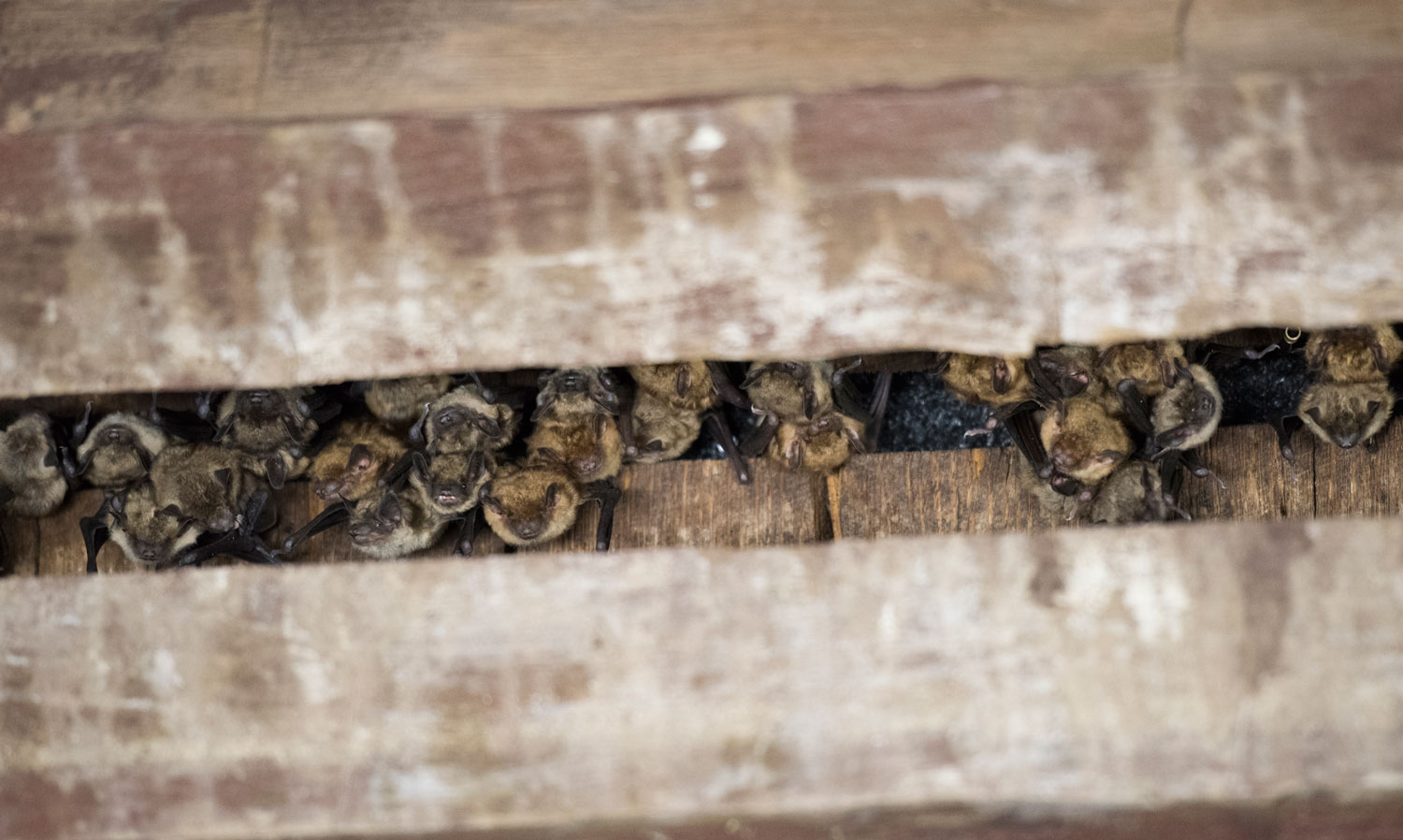Myth buster: Bats aren't blind

If anyone's ever told you you're as blind as a bat, it isn't much of a criticism of your eyesight. That's because although the saying is a common one, bat aren't blind at all.
In fact, bats have good eyesight, according to the National Park Service. Some bats, including a few species of fruit bats, have exceptional vision, three times better than our own.
The myth that they are blind may stem from the fact that bats often fly very close to objects, but that's a matter of curiosity more than bad eyesight, the park service reports. And bats don't rely on their eyesight to navigate in flight because they use their echolocation.
Echolocation is basically sound waves created by bats. The sound waves bounce off objects around the bats then return to their ears, letting them know exactly where trees, structures and even birds and insects are, according to the National Park Service. This is why bats can fly so close to objects without hitting them.
Bats use echolocation both for navigation and to find prey, like insects, the park service reports. We can't hear the sound waves bats use for echolocation because they occur at frequencies higher than humans are capable of hearing.
While we are on the topic of busting bat myths, there's a few others we can put to rest. To start with, bats don't really fly into people's hair and get caught, according to National Geographic. That's not to say it's never happened, but it's definitely not as common as people are led to believe. Remember, their echolocation helps them zip through the air with precision, so they aren't going to accidentally fly into someone's head.
A few of the myths that are perpetuated about bats are based in truth. For example, some bats do drink blood, but not any of the bats that live in North America, National Geographic reports. And the vampire bats that live in Central America and South America prefer the blood of cattle, not humans, although they do bite people on occasion. Vampire bats have an enzyme in their saliva, cleverly called draculin, that prevents blood from clotting, which helps them get a better supply of blood with each bite. That enzyme is being used to develop an anticoagulant medication for humans.
In addition, while some bats can be rabid, very few actually are. In fact, less than 1 percent of bats have rabies, the park service reports. However, bats that make contact with humans or are otherwise acting strangely are 10 times more likely to be rabid.
If there's any chance you've come into contact with bat saliva, from a scratch, bite or even sleeping in a room where a bat is found, you should contact your medical provider immediately to see if a medical evaluation is needed, the park service advises.
